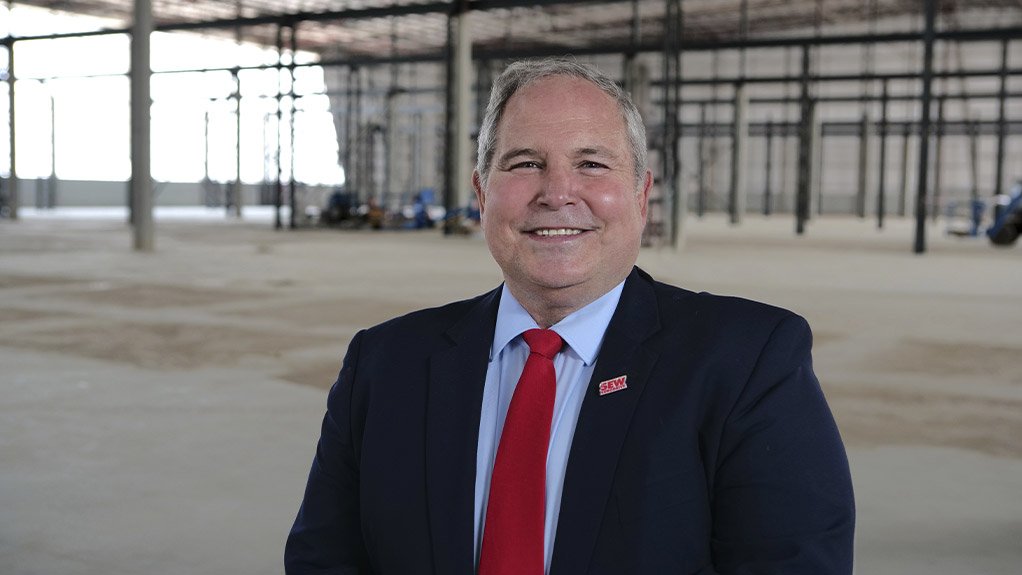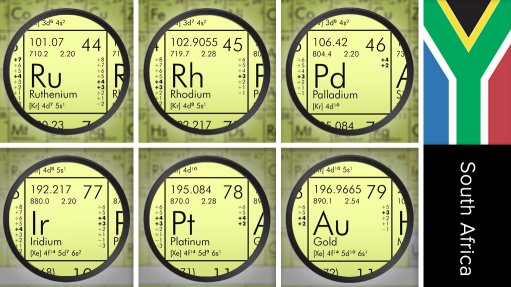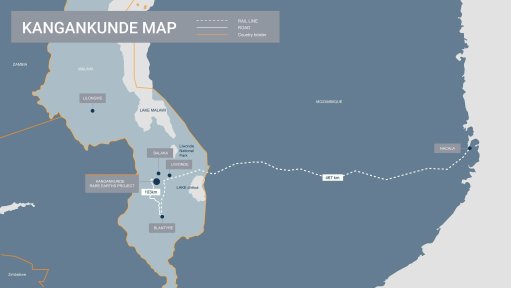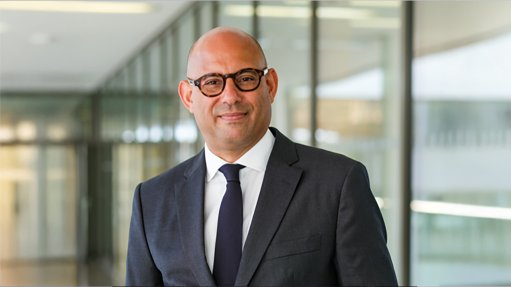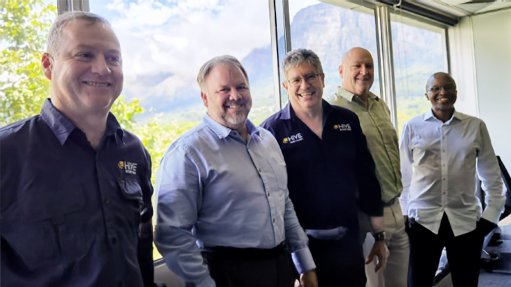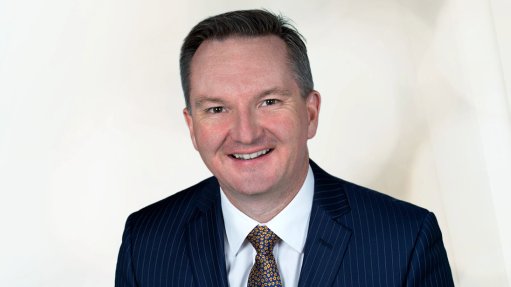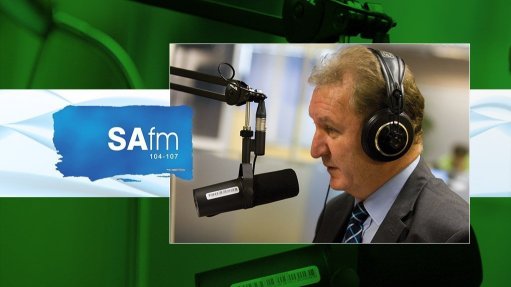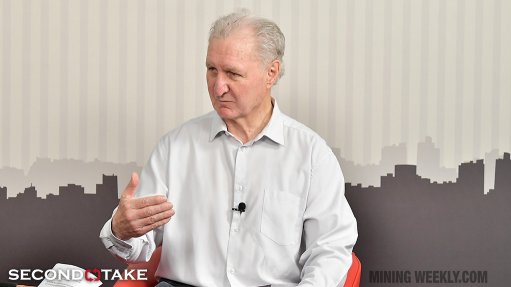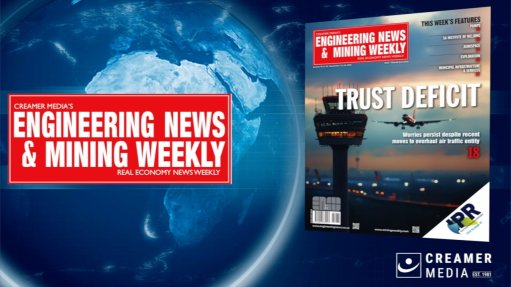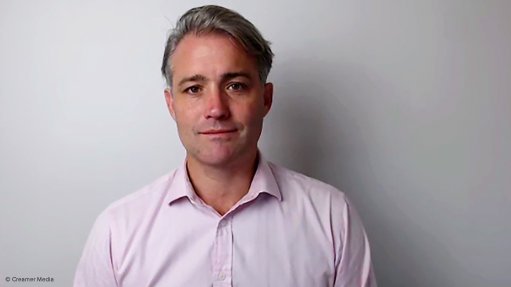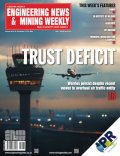Can SA address its water crisis?
By Raymond Obermeyer, Managing Director at SEW-EURODRIVE South Africa
In 2021 President Ramaphosa appointed a new minister, Senzo Mchunu, to head up the water and sanitation portfolio. This was followed by the appointed by Dr Sean Phillips, a qualified engineer, as the director-general of the department in December. The two newly appointed leaders have a formidable task ahead of them to address South Africa’s multiple and complex looming water crisis.
Water scarcity is an issue across South Africa for a myriad of different reasons, posing a significant economic and human rights risk. While poor management and maintenance of water infrastructure is part of the problem, this is exacerbated by inadequate infrastructure, insufficient investment, corruption, growing demand, excessive use and pollution, amongst others.
The dismal state of South Africa’s water and waste water infrastructure has been well documented for several years. More than half of the country’s waste water treatment plants are in a poor or critical condition, says government. It has admitted that one of the biggest reasons for the dire state of pollution of the country’s rivers is due to failing municipal wastewater treatment works, sewer blockages and pollution resulting from mining operations.
The most recent draft of the National Water and Sanitation Master Plan, released in 2018, outlined the extent of the problem, explaining that, “South Africa is facing a water crisis caused by insufficient maintenance and investment, recurrent droughts driven by climatic variation, inequities in access to water and sanitation, deteriorating water quality, and a lack of skilled water engineers. This crisis is already having significant impacts on economic growth and on the wellbeing of everyone in South Africa.”
Between 1999 and 2011, added the report, “some rivers were pushed beyond the point of recovery” and more than half of all wetlands have been lost.
The master plan outlines the actions that need to be taken to address pollution, repair infrastructure and protect the country’s water resources. To achieve this requires a multi-billion rand investment – significantly more than what is currently being budgeted for.
A failure to address the contamination of the country’s rivers and oceans is having a very negative impact on communities. In 2021 a report released by the South African Human Rights Commission recommended that government officials be held responsible for failing to maintain wastewater infrastructure which had resulted in raw sewage polluting the Vaal River. The commission argued that the pollution had become a human rights issue and recommended that the officials concerned should face criminal charges given that “in the absence of timely and effective response from the multiple spheres of government, Gauteng’s most vital water resource may very well have been irreparably damaged.”
In Cape Town, untreated wastewater, which includes industrial wastewater, flows into oceans as well as rivers, in the process polluting sensitive river estuaries.
Aging and failing municipal infrastructure in many towns and cities around the country is compounded by poor management and excessive water leaks.
According to a 2020 report titled ‘Money down the drain – Corruption in South Africa’s water sector’ by Professor Mike Muller from the Wits School of Governance and a former director-general from the Department of Water Affairs, systemic corruption across both the public and private sectors has put South Africa’s water security at risk.
Adding further pressure to the sector is the fact that the average South African’s water consumption is 35% above the global average. In a water scarce country, this level of consumption is not sustainable. Despite the higher than average rainfall that has fallen this past summer in certain parts of the country, South Africans cannot afford to become complacent. We need a change in attitude to water.
The Water and Sanitation Masterplan recognises that the country needs to curb its per capita use. It also recognises that a significant investment in infrastructure needs to be made. Water experts estimate that around R1 trillion is required to restore South Africa’s water infrastructure.
There are encouraging signs that attention is finally being given to this critical sector. Last month the department of water and sanitation hosted a two-day water summit aimed at assessing the extent of the problem, addressing challenges and finding sustainable solutions. Mchunu announced that the department would be working with private sector experts to address challenges in the sector. He also announced that the blue and green drop certification programmes were being re-introduced to strengthen the country’s water quality monitoring system. The first results are due to be released later this month. The re-instatement of the certification programme has been widely welcomed.
With a new departmental director-general with the requisite experience – coupled with his engineering background, Phillips has extensive senior management experience in the public service having previously worked in the National Treasury, Development Bank of Southern Africa, and the departments of public works, public enterprises, city of Johannesburg and Johannesburg Roads Agency – it is hoped that the new leadership will ensure competent managers and engineers are in place to oversee the country’s water infrastructure. There is a great deal riding on the minister’s pledge to find concrete solutions to ensure what he called “water security and dignified sanitation”.
About SEW-EURODRIVE
SEW-EURODRIVE is a specialist in drive and control technologies. It supplies the mining industry with a high quality complete drive solution for girth gears including drive pinions, motors, coupling and support infrastructure. The company’s segmented girth gears offer a flexible solution for diverse combinations. In addition, the company supplies bellhousing solutions to the coal mining industry. SEW Eurodrive offers a comprehensive range of services to industry for the entire value chain including engineering and selection to start-up and maintenance.
Comments
Press Office
Announcements
What's On
Subscribe to improve your user experience...
Option 1 (equivalent of R125 a month):
Receive a weekly copy of Creamer Media's Engineering News & Mining Weekly magazine
(print copy for those in South Africa and e-magazine for those outside of South Africa)
Receive daily email newsletters
Access to full search results
Access archive of magazine back copies
Access to Projects in Progress
Access to ONE Research Report of your choice in PDF format
Option 2 (equivalent of R375 a month):
All benefits from Option 1
PLUS
Access to Creamer Media's Research Channel Africa for ALL Research Reports, in PDF format, on various industrial and mining sectors
including Electricity; Water; Energy Transition; Hydrogen; Roads, Rail and Ports; Coal; Gold; Platinum; Battery Metals; etc.
Already a subscriber?
Forgotten your password?
Receive weekly copy of Creamer Media's Engineering News & Mining Weekly magazine (print copy for those in South Africa and e-magazine for those outside of South Africa)
➕
Recieve daily email newsletters
➕
Access to full search results
➕
Access archive of magazine back copies
➕
Access to Projects in Progress
➕
Access to ONE Research Report of your choice in PDF format
RESEARCH CHANNEL AFRICA
R4500 (equivalent of R375 a month)
SUBSCRIBEAll benefits from Option 1
➕
Access to Creamer Media's Research Channel Africa for ALL Research Reports on various industrial and mining sectors, in PDF format, including on:
Electricity
➕
Water
➕
Energy Transition
➕
Hydrogen
➕
Roads, Rail and Ports
➕
Coal
➕
Gold
➕
Platinum
➕
Battery Metals
➕
etc.
Receive all benefits from Option 1 or Option 2 delivered to numerous people at your company
➕
Multiple User names and Passwords for simultaneous log-ins
➕
Intranet integration access to all in your organisation



